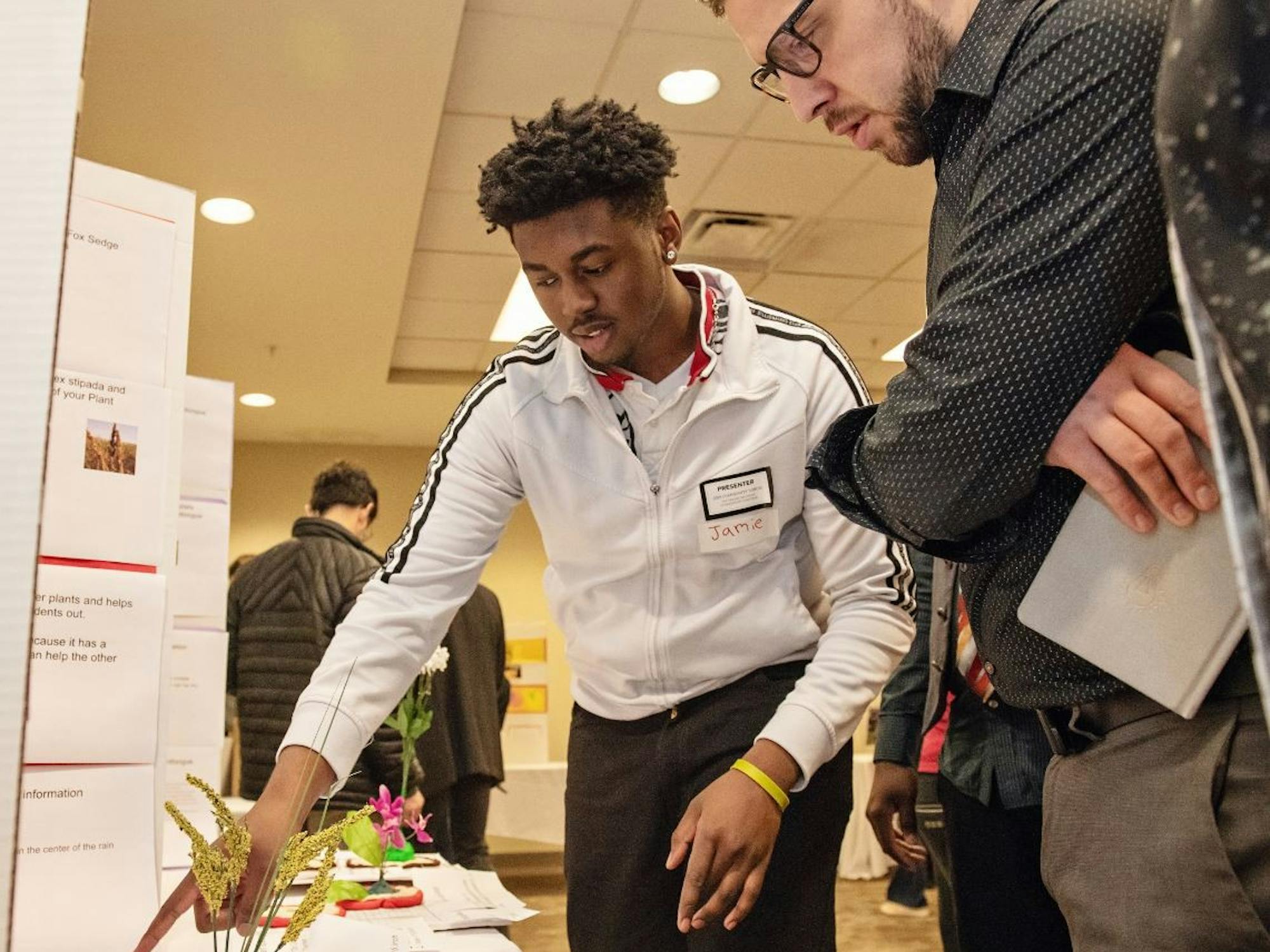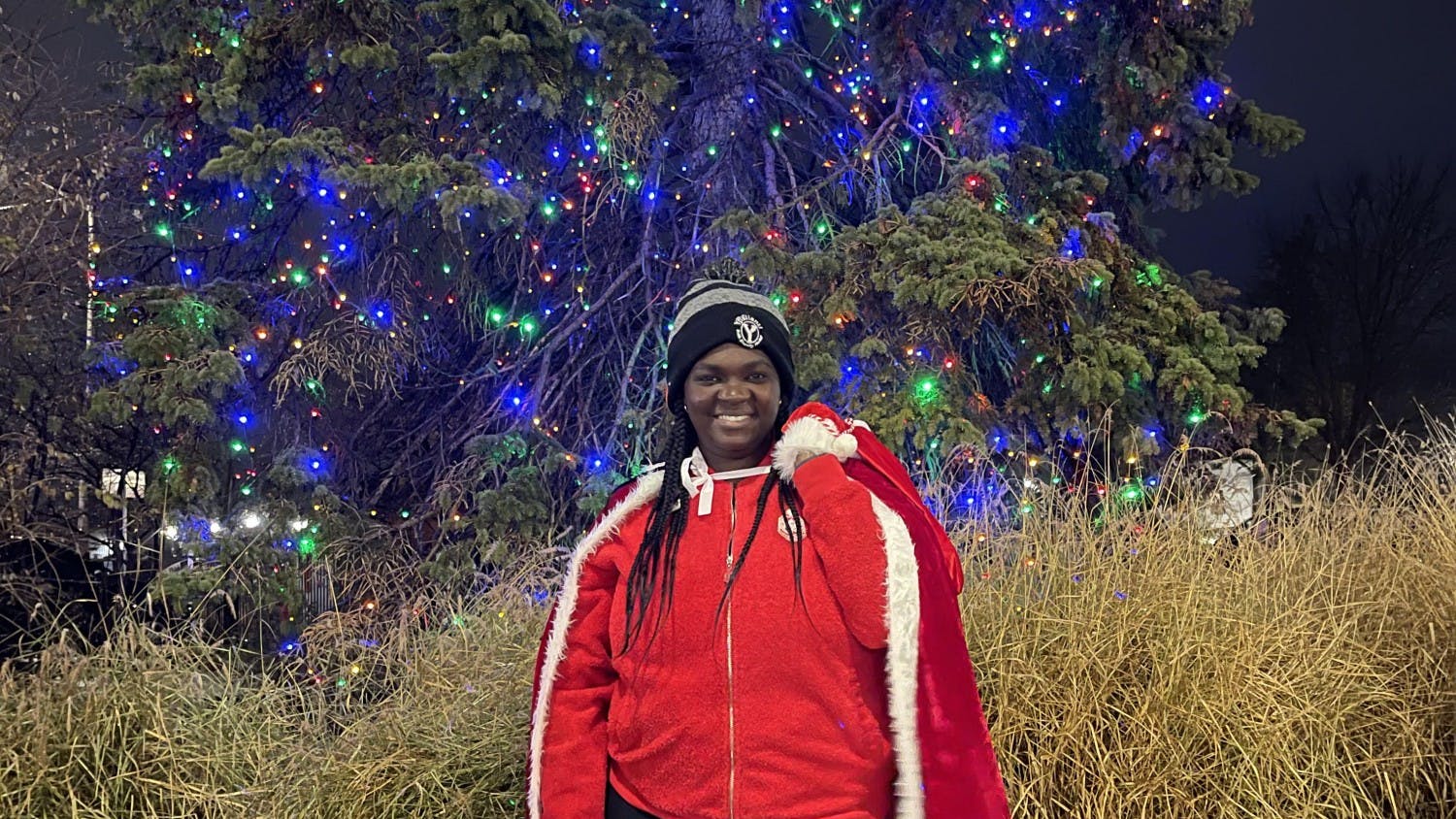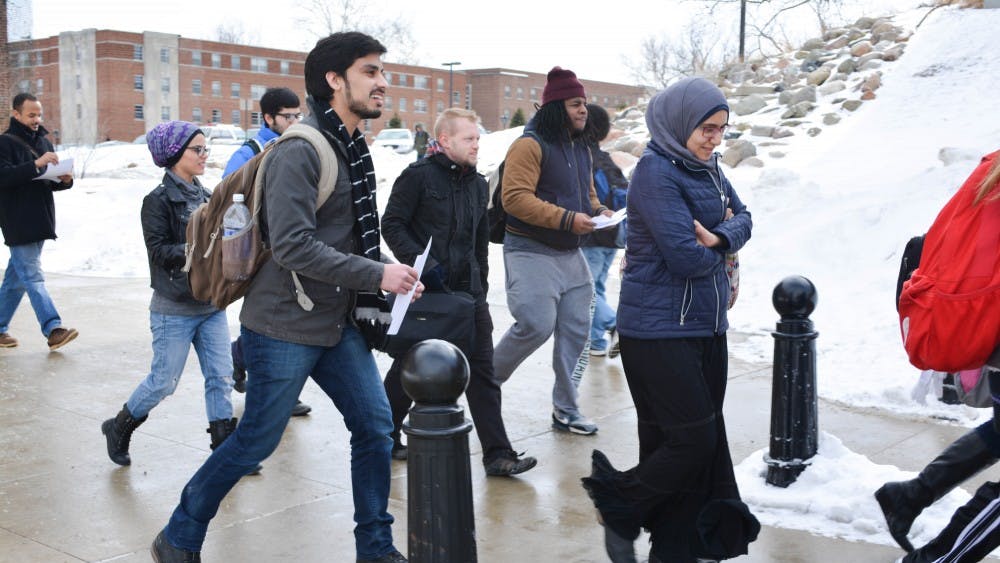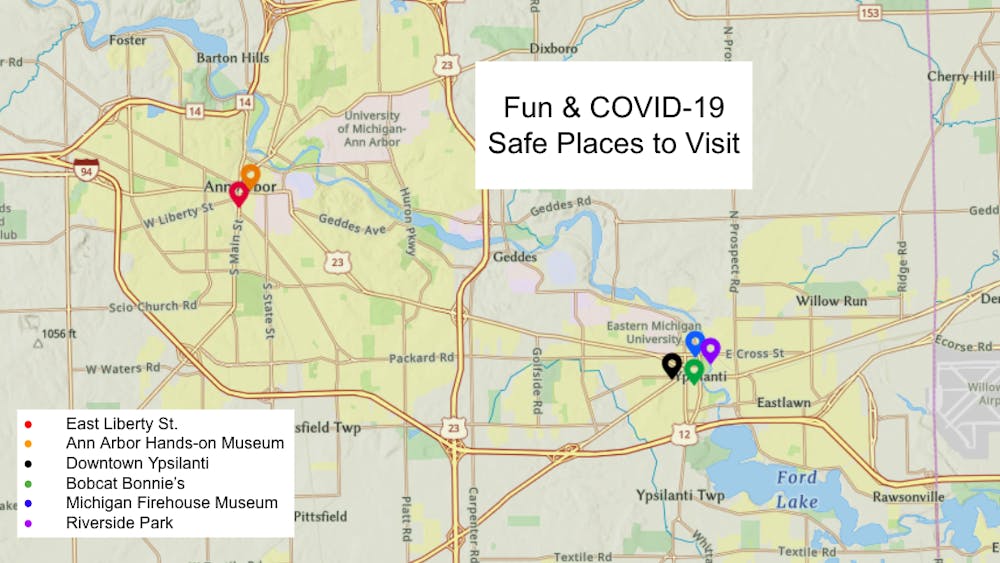"Why doesn’t more learning happen in nature?” Ethan Lowenstein, Eastern Michigan University professor of plant-based education, asked.
Lowenstein is the Director of the Southeast Michigan Stewardship Coalition, also known as the SEMIS.
The coalition was founded in 2008, as part of the Great Lakes Stewardship Initiative. Lowenstein and EMU alumna, Lisa Voelker, have just been awarded the Critical Partners Award by MiSTEM Network for their work in place-based education, where students can explore the world and what’s around them with experiences out in the community.
“Students should not feel a conflict between what’s good for them and their career, and what’s good for their community,” Lowenstein said. “A lot of what we’re trying to do is creating a culture where it’s okay to fail.”
That community not only incorporates the people around them, but their environment as well.
“Nature is the most sophisticated technology that we have,” Lowenstin said. “It’s healthier to be outside. And actually there’s a lot of research to show that when you’re outside your body is designed to be outside. Because it’s multi-sensory all your senses are integrating, and it also serves as a way of calming your body.”
A major aspect of the SEMIS is encouraging students to ask the ‘why’ questions. If the curriculum and teacher can’t answer that, then something is wrong, Lowenstein said.
“We want students to be critical about using technology,” Lowenstein said. “Technology for what purpose, and for whose benefit?”
As an example of using technology in the community, students worked on a project in Detroit with abandoned buildings. While parents wanted to use the space for parking, a student studying park design saw its potential for being a park, which it ended up becoming. And in Wylie Elementary School in Dexter, Michigan, students partnered with local musician, Joe Rilley, and co-wrote a song about their local creek, Mill Creek.
“When they do see a problem there are people to reach out to in the community and they’re learning the skills for how to partner with those folks,” Lowenstein said.
More recently, at the Michigan Science Teachers Association Conference, the SEMIS brought students who presented at the conference to an adult audience.
“Young people don’t have to wait to vote to exercise their voice and to help their communities,” Lowenstein said.
Seeing science used in the community really helps students see what’s possible for them to do, and during the Pandemic, that sense of community was really put to the test.
“I think for a while people were thinking students can just learn virtually. But that wasn’t the case,” Lowenstein said.
Despite the best efforts from students and teachers, everyone suffered without that community.
“We need to create communities in schools where students are loved and feel loved, and are able to love others,” Lowenstein said. “When you care for something else you feel like there’s a greater purpose in life. There’s something greater than yourself,” Lowenstein said.
The SEMI's will have their Southeast Michigan Stewardship Coalition Annual Community Forum at Eastern Michigan University on May 23.










